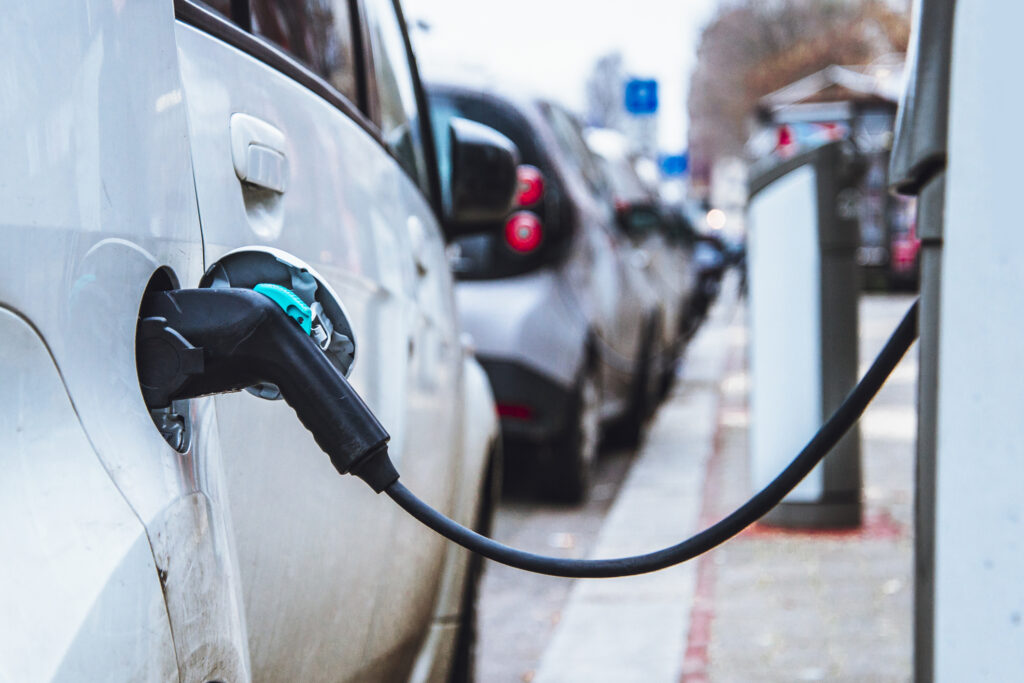Sales of battery electric vehicles in July 2021 hit 11,139, with this being higher than those for diesel (8,783) for the second month running.
This is according to the latest figures from the Society of Motor Manufacturers and Traders (SMMT), which found that BEV sales increased 36.5% year-on-year to take home a 9% market share.
This is up on the 4.7% market share recorded in July 2020, with 8,162 sales recorded in the month last year.
However, sales were down compared to June 2021, when 19,842 BEVs were sold. The SMMT said that across the whole new car market performance was down -22.3% on the average recorded over the past decade, with a semiconductor shortage mixed with the ‘pingdemic’ – where large numbers of people have had to self-isolate due to being ‘pinged’ by the NHS COVID-19 app – impacting on both supply and demand.
“The bright spot, however, remains the increasing demand for electrified vehicles as consumers respond in ever greater numbers to these new technologies, driven by increased product choice, fiscal and financial incentives and an enjoyable driving experience,” SMMT chief executive Mike Hawes said.
The SMMT’s figures come at the same time as those released by New AutoMotive, which recorded slightly different levels of new registrations.
New AutoMotive found that there were 10,126 BEVs sold in July 2021, scooping up a 8.98% market share. This placed BEVs behind diesel sales, which New Automotive places at 11,310.
The north east, Birmingham and London and Oxfordshire were hotspots for new EV registrations, with the average market share of BEVs for those areas being 14.4%, 15.2%, 16% and 19.6% respectively.
While Ben Nelmes, head of policy and research at New AutoMotive, said there is a “quiet revolution” happening in the UK car market, he warned that there is a “worrying growth” in hybrid sales.
Sales of hybrids hit 31,063 in the month according to New AutoMotive’s figures, with this representing a 27.56% market share.
“Hybrids are not net zero vehicles, and we are concerned that customers are paying over the odds for a technology that will soon be outdated,” Nelmes said.






